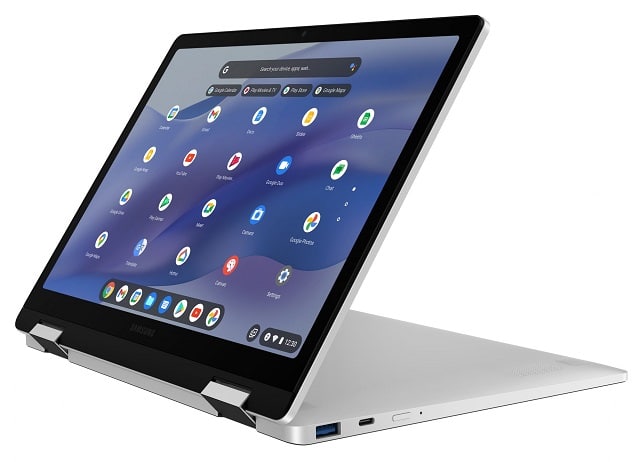
Samsung Galaxy Chromebook 2 360 now available for purchase
If you need to buy a new Chrome OS laptop, I have some exciting news. Starting today, you can trade your money for the all-new Samsung Galaxy Chromebook 2 360. This convertible notebook can transform into a makeshift tablet, and with Android app support, that will be very much appreciated.
While the Galaxy Chromebook 2 360 is powered by a rather anemic Intel Celeron N4500 processor, you can opt for a respectable 8GB of RAM rather than the 4GB of memory that comes with the base model. Sadly, regardless of which storage capacity you choose -- 64GB or 128GB -- you only get a sluggish eMMC drive. Thankfully, you do get USB-A, USB-C, 3.5mm audio, and a micro SD card reader. You can configure with option LTE wireless connectivity too.

Download MX Linux 21.1 'Wildflower' now
MX Linux ranks number one for popularity over on DistroWatch, but truth be told, I do not know anyone that uses the distribution regularly. Don't get me wrong, it is a fine operating system, but it really isn't anything special. Quite frankly, the distro's need to exist is questionable at this point, but whatever.
Despite the rather negative opening paragraph, I am pleased to tell you that the newest version of the operating system is ready to be downloaded. Huzzah! Given the codename "Wildflower," MX Linux 21.1 is a rather ho-hum point release. The developers share the changes below.
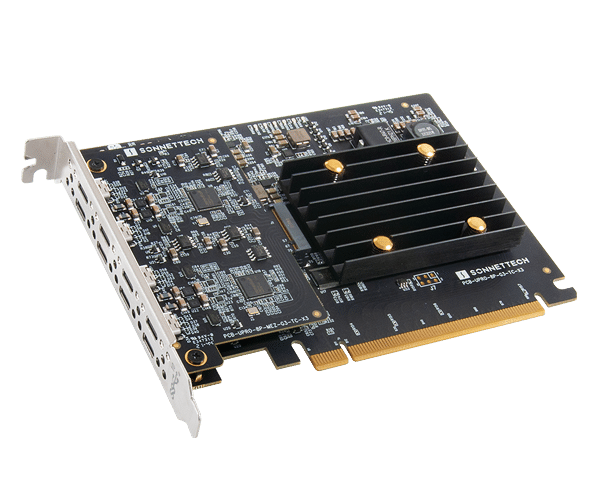
Sonnet launches Allegro Pro USB-C 8-Port PCIe card for Mac, Windows, and Linux
Believe it or not, some modern desktop computers don't have any USB-C ports, and for those that do, many only have one or two of the ports. Thankfully, if you have a free PCIe slot in your machine, you can easily add more.
A new card from Sonnet takes adding USB-C ports to another level. Called "Allegra Pro," it offers an impressive eight external Type-C ports all running at USB 3.2 Gen 2 speed (10Gbps).

Linux Mint 21 is named 'Vanessa'
Linux Mint is a very popular operating system, so any news surrounding upcoming versions is highly sought after by members of the open source community. Today, the developers of that operating system have shared some very interesting information -- the name of Linux Mint 21!
The Linux Mint developers always use female names (alphabetically) as codenames, and version 21 is no different. You see, following version 19 ("Tara") and version 20 ("Ulyana"), version 21 of Linux Mint is named "Vanessa." According to Think Baby Names, it is a Greek name meaning "butterfly."

Privacy-focused Linux distro Tails 5 Beta now available for download with many critical security bug fixes
If you’re worried about your privacy, there’s plenty you can do to secure it. Tails, The Amnesiac Incognito Live System, is a live Linux-based operating system that you can boot into on any computer. Once running it can be used to encrypt your files, emails and instant messaging chats.
Today, the developers release a beta version of Tails 5.0, and this is the first version of the distro based on Debian 11 (Bullseye). It offers new versions of most of the software included in Tails, as well as some important usability improvements.

Windows 11 users can now install AlmaLinux from the Microsoft Store
Microsoft's Windows Subsystem for Linux (WSL) is friggin' awesome. If you aren't familiar, it essentially lets you easily run a Linux distribution (and commands) from within Windows 11 (or Windows 10). Best of all, you can install these distros directly from the Microsoft Store. There are many popular Linux-based operating system on that store too, such as Kali and Oracle.
And now, yet another Linux-based operating system has come to the Microsoft Store. You see, as of this month, you can download and install AlmaLinux by clicking here.

Facial recognition comes to deepin Linux -- can you trust China with your face?
deepin is one of the prettiest Linux distributions, and many people use it every day. Unfortunately, there is a big problem with the operating system -- it is developed in China. While the Chinese people are good, the government of that country is not -- it oppresses its citizens and censors a lot of information. And so, some people are wary of using any Chinese-made software. That is understandable.
Normally I am OK with using deepin Linux, despite its Chinese roots, as it is largely open source. However, with version 20.5, I am a bit hesitant. You see, the newest variant of the operating system adds optional facial recognition for gaining access to your computer. This is similar to Microsoft's Windows Hello -- something I use regularly. But Microsoft is a USA company. When it comes to deepin, can we trust China with our faces?

Ubuntu Linux 22.04 'Jammy Jellyfish' Beta now available for download
Just a couple days ago, Fedora 36 Beta was released, and now, Ubuntu Linux 22.04 Beta follows suit. Called "Jammy Jellyfish," this pre-release version of the Ubuntu operating system uses Linux kernel 5.15, Mesa 22, and the GNOME 42 desktop environment by default.
Don't like GNOME? Hey, that's cool. There are several flavors of Ubuntu that use alternative desktop environments, such as Kubuntu (KDE Plasma), Lubuntu (LXQt), and Xubuntu (Xfce) to name a few.

Fedora Linux 36 Beta now available for download with GNOME 42
Today is the day many Linux users have been eagerly awaiting -- Fedora 36 has officially reached Beta status. Yes, folks, you can download the pre-release operating system immediately! For many Linux users, Fedora is considered the most important distribution based on that open source kernel. Why? Because the distro focuses on truly free and open source software -- a pure Linux experience. Hell, the father of Linux, Linus Torvalds, famously uses Fedora.
What makes Fedora 36 Beta so exciting? Well, this pre-release version of the upcoming operating system uses the brand-new GNOME 42 as its default desktop environment. If you instead choose the LXQt spin of Fedora, you will be delighted to know it now uses version 1.0 which was released late last year. Plus, users with an NVIDIA GPU are in for a treat when using the proprietary graphics driver -- GDM will use Wayland by default.
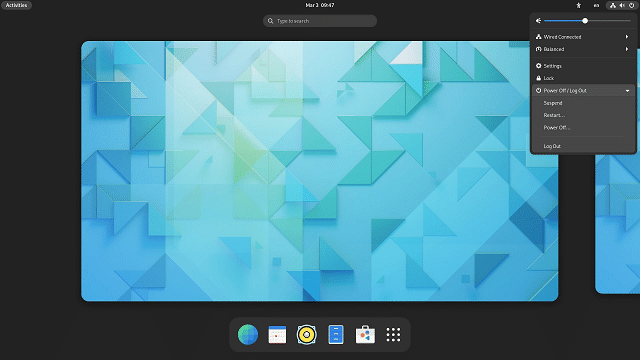
GNOME 42 Linux DE is here with new dark mode, improved screenshotting, and more
There are many great desktop environments for Linux, such as Cinnamon, KDE Plasma, and MATE to name a few. With that said, only one can be the best, and that is obviously GNOME. I mean, look, there's a reason Canonical uses it as the default DE for Ubuntu -- it's that good.
If you are a GNOME fan, I have some extremely exciting news. You see, as of today, GNOME 42 is officially here! There are many new features, such as a new dark mode, improved screenshotting, and support for RDP (remote desktop protocol). There are also performance improvements, updated apps, and new default apps including a beautiful new terminal called "Console."
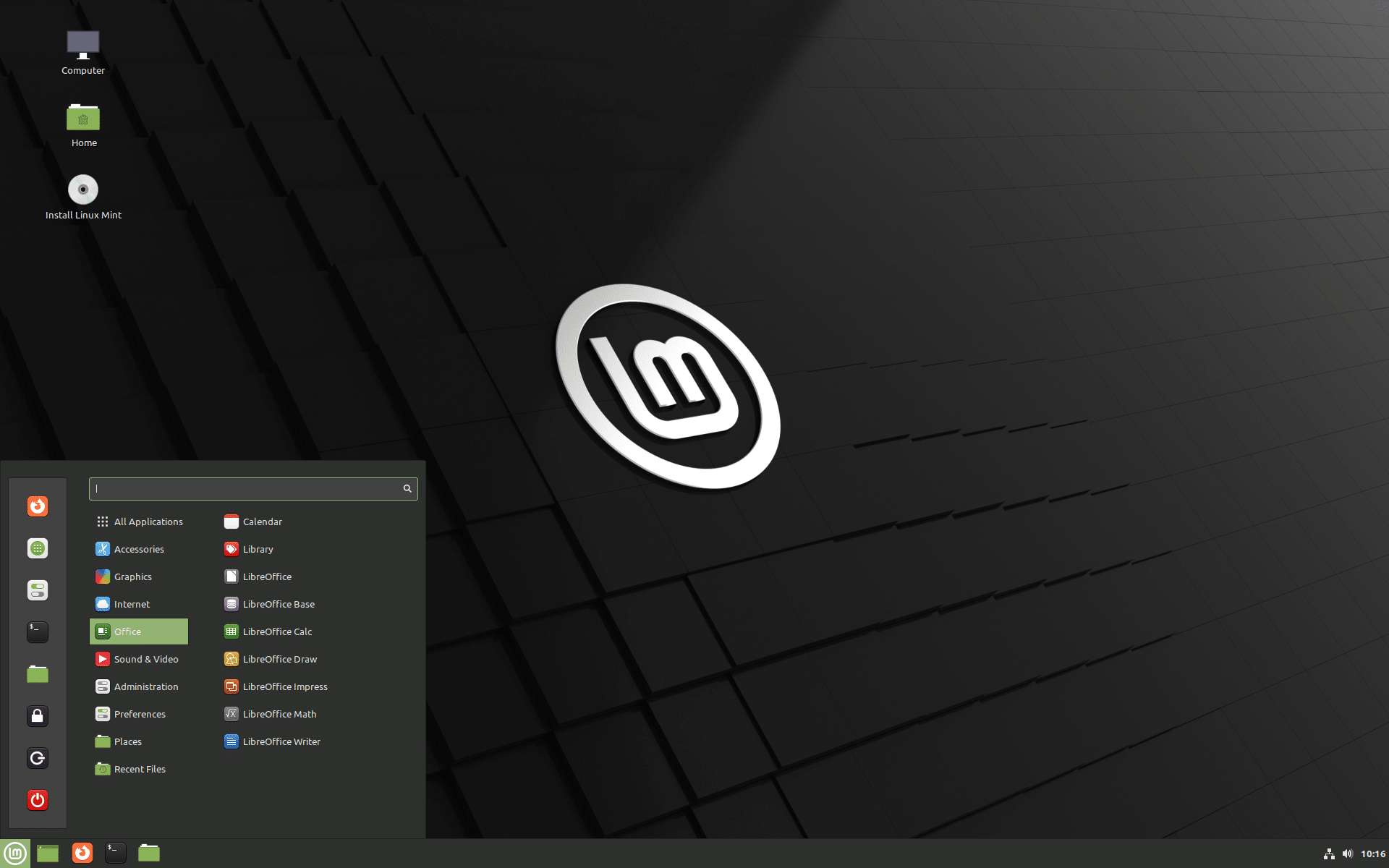
Linux Mint Debian Edition (LMDE) 5 'Elsie' now available for 32-bit and 64-bit PCs
Linux Mint Debian Edition (LMDE) exists in case Ubuntu ever stops being developed. You see, the "regular" Linux Mint is based on Ubuntu, so if Canonical ever closed its doors, things would be quite disastrous for Linux Mint. Will Ubuntu actually die one day? While Ubuntu's demise is unlikely to happen anytime soon, the reality is, nothing lasts forever. So I suppose it makes sense for the Linux Mint developers to have a contingency plan.
With all of that said, you don't have to wait for Ubuntu to die to use Linux Mint Debian Edition. LMDE is a perfectly fine operating system, and it can absolutely be used as your daily distribution. If you fancy giving Linux Mint Debian Edition a try, today is your lucky day. The newest version of the distro, LMDE 5, is finally available for download.
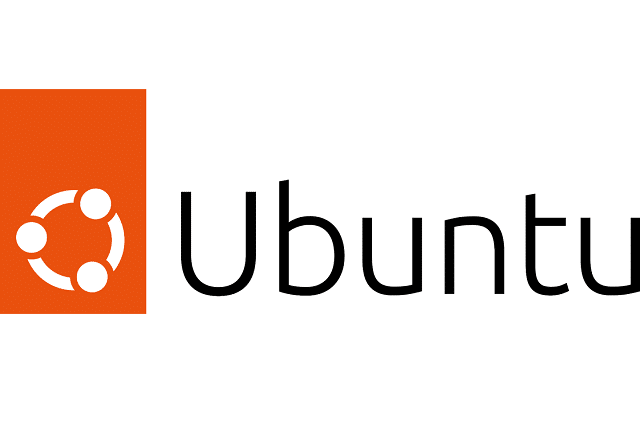
Ubuntu Linux gets a new logo
Is Ubuntu the best Linux-based desktop operating system? That is debatable. However, I think we can all agree that Ubuntu is the most well-known desktop Linux distribution on the planet. Hell, Ubuntu even got a mention on the legendary TV sitcom The Big Bang Theory.
Today, the developer of Ubuntu, Canonical, announces some exciting news -- the Linux-based operating system is getting a new logo! While it doesn't deviate much from previous Ubuntu logos, it is definitely an improvement. You see, the logo was always suppose to look like a top-down view of three people interlocking arms -- Canonical calls it "Circle of Friends." The circles (heads) are now centered to better represent the trio of people. The logo also gets put into an orange rectangle.

Buying the Zorin OS 16.1 Pro Linux-based operating system can help Ukraine
Zorin OS is one of the best Linux-based operating systems around, thanks to its focus on elegance and simplicity. It offers familiarity to Windows-switchers too. Ultimately, Zorin OS is a solid distribution for both Linux beginners and experts alike.
Today, the first "point" release of Zorin OS 16 becomes available for download. Zorin OS 16.1 comes with security patches plus other goodies, such as the great LibreOffice 7.3 office suite and other updated packages.
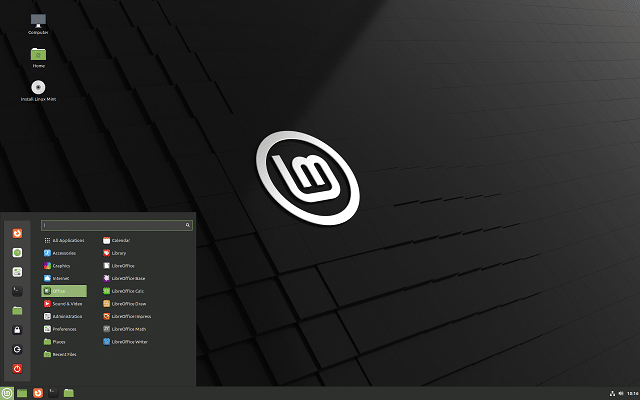
Linux Mint Debian Edition (LMDE) 5 'Elsie' BETA now available for download
Debian is a great Linux distribution in its own right, but also, it serves as a base for many other operating systems. For instance, two of the best Linux distros, Ubuntu and deepin, are based on Debian.
Linux Mint is a popular operating system based on Ubuntu, but did you know there is actually a lesser-known variant of the operating system based on Debian? It's true! The unimaginatively named "Linux Mint Debian Edition" (aka LMDE) cuts out the Ubuntu middleman and is based on Debian directly.
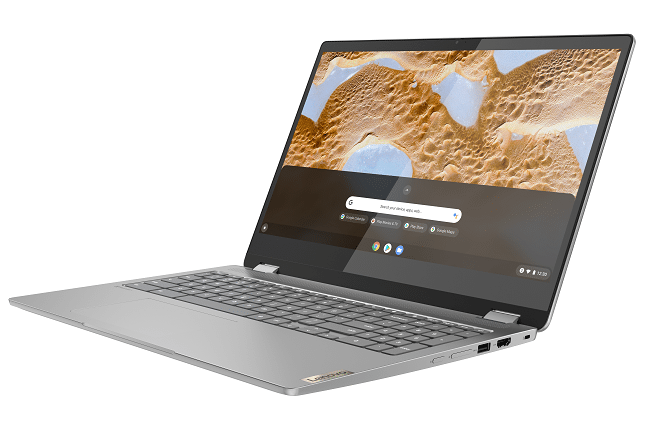
Lenovo unveils trio of IdeaPad Chromebooks -- Duet 3, Flex 3i, and Flex 5i
Windows 11 is cool, but let's be honest -- Microsoft's operating system is total overkill for the vast majority of users. When a family member asks my advice on buying a new PC, I almost always suggest a Chromebook. Why? Because they tell me everything they do is in the web browser anyway. And by getting them onto Chrome OS, there is a far reduced chance of them bothering me for PC help in the future. Chromebooks are simple and secure.
But what Chromebook should they buy? Ah, that is a tough one. There are so many great makes and models on the market these days. You really can't go wrong by sticking with reputable brands such as Acer, ASUS, or HP. One of my personal favorites, however, is Lenovo. That company is legendary for offering high-quality Windows computers, and its Chromebooks are no different.
